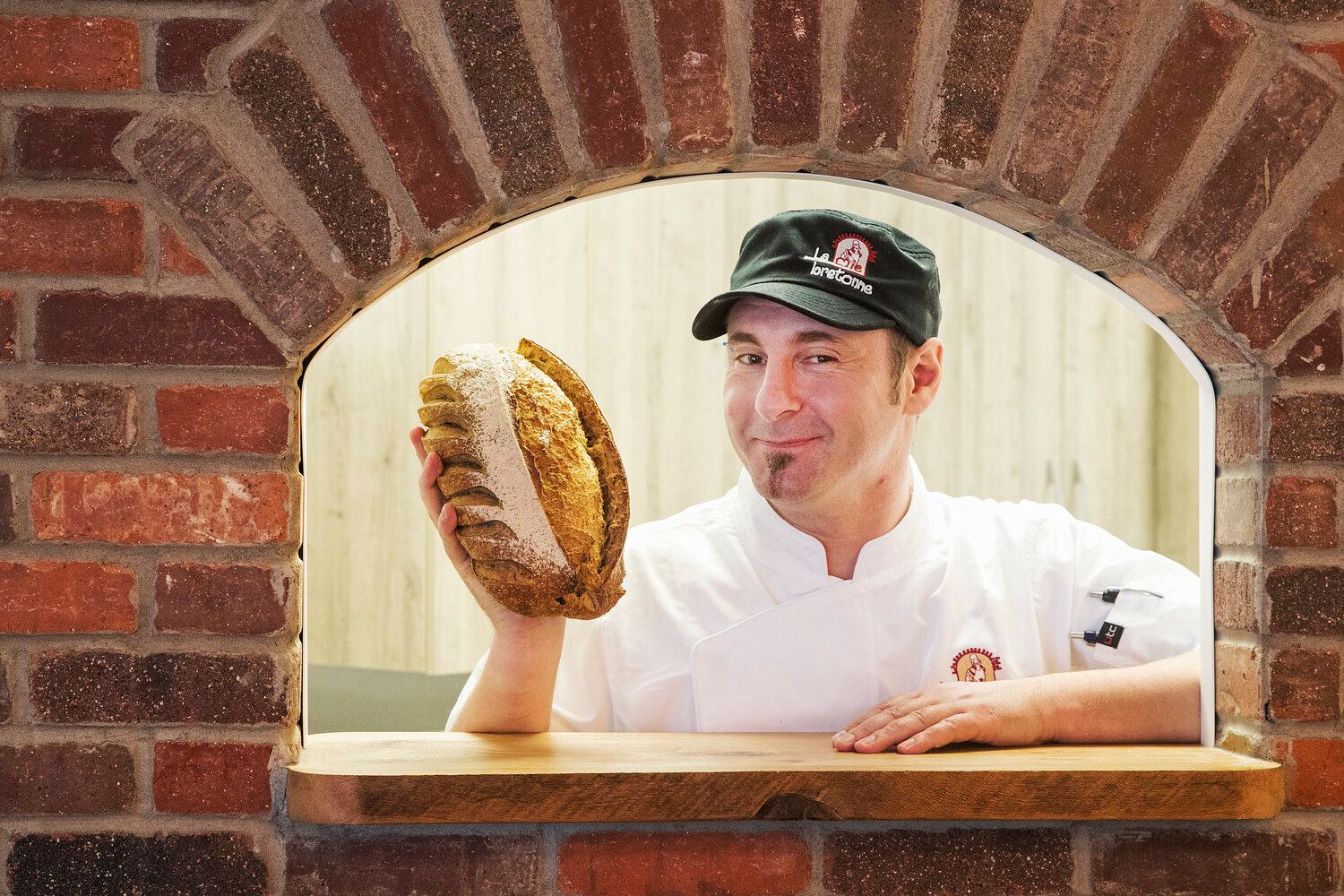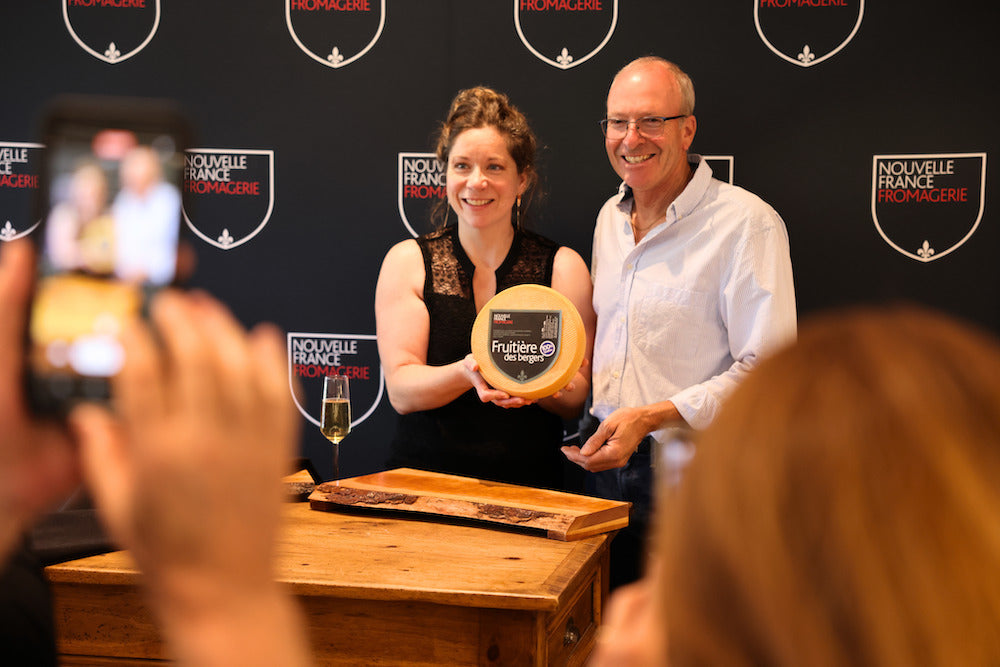Let's face it... No feeling can compare to stepping into a small neighborhood bakery in the morning and breathing in the sweet aroma of freshly baked bread!
But beyond that, what are the differences between an artisan bakery and an industrial one? How does artisan bread differ in terms of its ingredients, its preparation, and its nutritional qualities?
Let’s break this down together!
High quality flours
A first aspect that differentiates artisan bakeries from their industrial counterparts is the type of flour used in making bread.
In the last 20 to 30 years, manufacturers have turned to the use of hybrid flour varieties, which are more resistant to pesticides and have higher gluten levels.
The variety of flours used in bread making has also decreased, making the offerings less attractive. Furthermore, they are often bleached with additives simply to give them a more uniform color.
Artisan bakers, for their part, use flours from ancestral, local, and sometimes organic wheat varieties to make their bread. They understand the origin and properties of each flour and know how to work with them to bring out their best.
A more rigorous method
Artisan bakeries also use fermentation and baking methods that give the bread better taste and nutritional qualities.
Jean-Sébastien Béraud, owner of the La Mie Bretonne bakery in Cowansville for around thirty years, works using such methods.
Formed according to French tradition, for him, a bread dough must be cold fermented, for a minimum of 14 hours. This can be even longer, depending on the particularities he seeks to give to the bread.
Fermentation allows for a sort of "pre-digestion" of the dough. This makes it easier to digest, even for people who have a less good tolerance for gluten (excluding people with celiac disease, of course).
Fewer ingredients for a better product
If you compare the ingredient list of a commercial loaf to that of an artisan loaf, you will inevitably notice a big difference in the length of the two.
While artisan breads are made simply from flour, water, sourdough, and salt (with the occasional addition of fruit or nuts), industrial breads contain a lot of preservatives, sweeteners, or fats.
Why? Since the industrial method prioritizes quantity and speed over quality, it is necessary to add these ingredients to give the bread flavor.
Artisan bread, on the other hand, is even tastier without the need for these superfluous ingredients.






